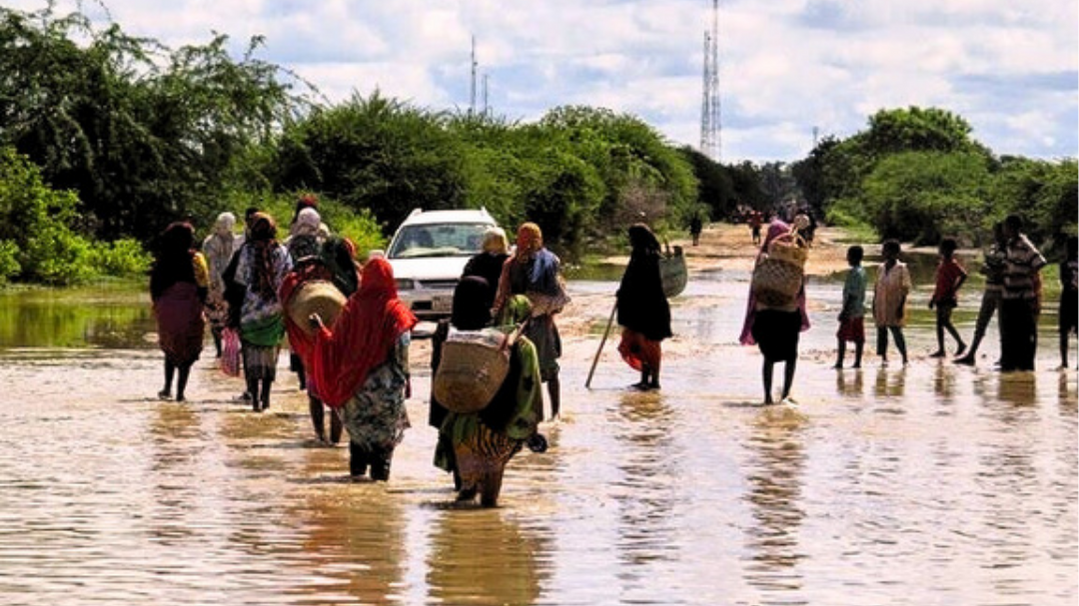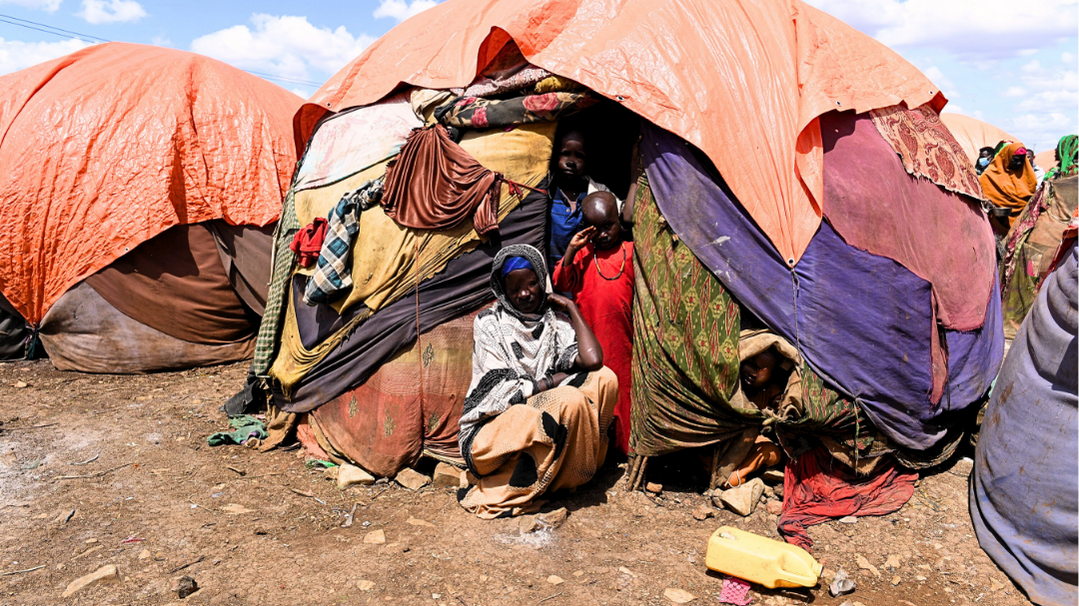Third-Party Monitoring of CHF-Funded Emergency Livelihood Project
In the arid expanses of the Gedo region in Somalia, where challenges persist, a ray of hope surfaced through IDTC's Third-Party Monitoring of the Emergency Livelihood Project supported by the Common Humanitarian Fund (CHF). This endeavor aimed not only to tackle immediate challenges but also to establish the groundwork for enduring resilience. This piece delves into the pivotal role of IDTC's Third-Party Monitoring in guaranteeing transparency, accountability, and the successful execution of the project.
Project Overview
Gedo, characterized by its vulnerability to climatic shocks and conflict-related disruptions, warranted a nuanced and adaptive response. The CHF-funded Emergency Livelihood Project, conceptualized and executed in collaboration with local partners, aimed to provide immediate relief while fostering sustainable livelihoods for the affected communities.
Objectives of Third-Party Monitoring
The inclusion of a IDTC's Third-Party Monitor (TPM) in the project's framework was strategic, with specific objectives in mind:
- Ensuring Accountability: IDTC played a pivotal role in holding all stakeholders accountable for the efficient use of funds and the delivery of intended outcomes. This was particularly crucial in a context where transparency can be a challenge.
- Assessing Impact and Effectiveness: By conducting rigorous assessments, IDTC aimed to measure the actual impact of the project on the lives of beneficiaries. This included evaluating the effectiveness of livelihood interventions and their contribution to community resilience.
- Mitigating Risks and Challenges: Identifying and addressing potential risks and challenges in real-time was a key responsibility of IDTC. This proactive approach ensured that corrective measures could be implemented swiftly, optimizing the project's overall efficacy.


